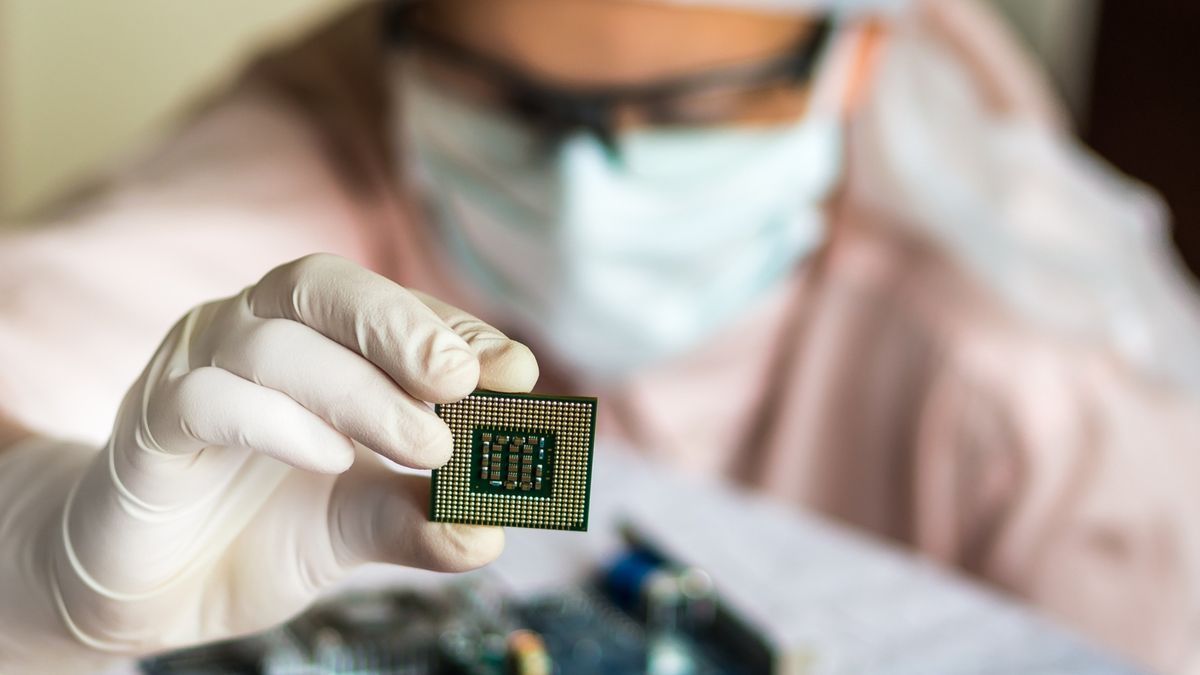Fujitsu and AMD Join Forces to Advance Energy-Efficient AI and HPC Solutions

Alayaran.com - Fujitsu and AMD have entered into a strategic partnership aimed at revolutionizing high-performance computing (HPC) and artificial intelligence (AI) platforms. The collaboration seeks to enhance access to AI technologies, foster open-source development, and address the escalating demand for sustainable computing solutions.
At the heart of this partnership is Fujitsu’s upcoming Monaka chip, scheduled for release in 2027. The Monaka chip boasts a 288-core design (144 cores per socket) and leverages the Armv9-A architecture, crafted with a cutting-edge 2nm process technology. This chip is a step forward from Fujitsu's previous efforts with the A64FX, utilized in the Fugaku supercomputer, and is anticipated to be integral to the forthcoming FugakuNEXT project by 2030.
Instead of traditional high-bandwidth memory, Monaka will utilize PCIe 6.0 (CXL3.0) to improve scalability and connectivity, a significant advancement in processor design.
AMD complements this with its Instinct accelerators, enhancing the platforms' capabilities to manage extensive AI workloads efficiently, thereby reducing the total cost of ownership for data centers. The partnership also involves the integration of AMD’s ROCm software stack alongside Fujitsu’s proprietary software, aiming to cultivate a robust open-source ecosystem that will expedite the development of AI and HPC applications.
Vivek Mahajan, CTO of Fujitsu, commented on the initiative, stating, "By combining AMD’s innovative GPU technology with Fujitsu’s low-power/high-performance processor Fujitsu-Monaka, we seek to create an environment in which more companies will be able to utilize AI while reducing the power consumed by data centers."
This collaboration not only focuses on technological development but also extends to global marketing, customer engagement, and the establishment of a joint customer center to support the implementation of these advanced AI technologies.
The partnership, sealed with a memorandum of understanding, outlines joint efforts in technology development, commercialization, and ecosystem expansion, with a target to deliver these groundbreaking platforms by 2027. This initiative is poised to transform the landscape of AI and HPC, making advanced computing more accessible and sustainable for businesses worldwide.
